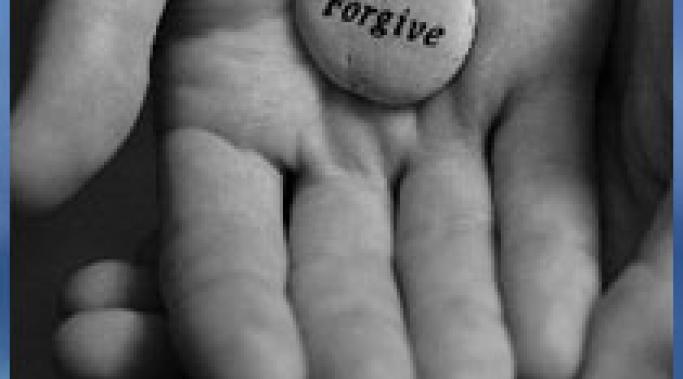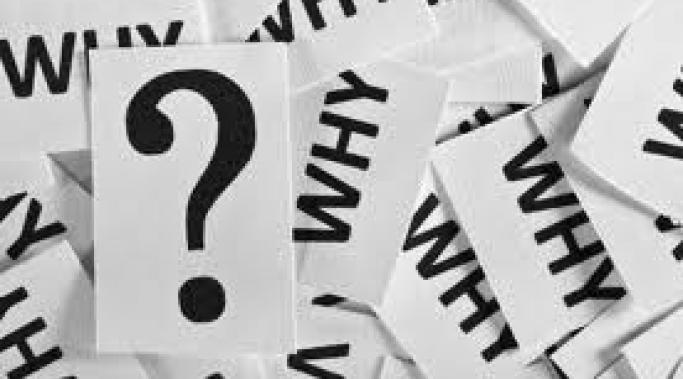Blogs
Your heart races, your body temperature rises, and you feel ready for an outburst that expresses how angry you really are. You may be tempted to hold back your anger, but this may not always be the best approach. It turns out anger has a beneficial side too. This emotion is often hidden or repressed, but anger can be helpful and even healthy.
Good news--my friend Ann from AA is okay. Her house was burglarized around 5 p.m. yesterday, but fortunately she was not at home. Her neighbors noticed a car parked the wrong way in the driveway and a 15-year-old boy running around the house carrying a flat-screen TV, and called the police with a description of the perpetrators and their vehicle. The suspects were caught near a Ruby Tuesday, where they reportedly held a person up with a sawed-off shotgun--during the dinner rush. Thankfully, a deputy sheriff was close by, so they were caught and Ann got most of her belongings back.
She surprised me, however, when she said that the perpetrators were probably desperate for drug money. Who robs a house in broad daylight? Who holds up a person in a crowded parking lot? She said she hoped they got help. The power of grace and forgiveness kept her sober.
As people with borderline personality disorder (BPD), we have a lot to learn from Ann.
It's that time of year again; time to put together our bipolar survival guide and head back to school. There are only a few weeks left until this fall semester and the beginning of a new school year arrives. For many of us, this little vacation has been a brief reprieve from the stress, emotions, and hard work, but it's now time to return and we all need to be mentally prepared. Here's a bipolar survival guide for your back to school stress. Take a look.
Until I got a smart phone, I was 100% anti-smart phone. I've had one for over a year and I'm still pretty anti-smart phone. The intention of one of these magic devices is to help us all to function better. Our calendars are at our fingertips. We can make phone calls by simply speaking someone's name. We can check our email or facebook on the go. Those things are all true, but are they all good?
It takes a certain amount of energy to hide depression from family and close friends. (Explaining Depression to a Friend) It takes exponentially more energy to keep depression a secret at work. But there came a time, not too long ago, when I finally had to say – ENOUGH!
Have you ever asked yourself, "Why do I self-harm?" or "Why do I let things trigger my self-injury behaviors?"
The word “why” varies from being a good and a bad word. As a kid, you constantly ask why because you want to know about the world you live in: “Why is the sky blue” or “Why is your hair curly?” As a child, that word is part of life and learning and discovery. The word is natural. Sometimes, if we never asked why, we’d never know.
However, sometimes asking why can become a stressor when struggling with death, disease or self-injury and mental illness.
Hey everyone! I wanted to share with you all a couple of letters that I wrote to my body, just to show you the progression towards body acceptance. In my last post, I talked a bit about the long road to body acceptance. It certainly doesn't happen overnight. Patricia recently shared a letter to her body and I thought I would do the same. Twice. In almost every treatment center I've been in, I've had to write a letter to my body. The two I share in this video were written almost exactly one year apart.
When typing the title of this blog, I immediately picture Jack Nicholson's character in One Flew Over the Cuckoo's Nest. The 'crazy' one locked inside the 50's-inspired psychiatric hospital. The character considered less crazy than the rest of the patients. But I'm pretty sure his character---based on the glorious book of the same name---probably thought he was sane. Sort of like how I think I'm stable when I can't move from bed.
Side-Note: Yes, that's a brilliant-in-my-humble-opinion image from the film below.
First, an Apology. . .
When we gaze fondly backwards and survey the expansive history of medicine, certain names come to mind immediately. Hippocrates, Philip Syng Physick, and Donovan Leitch, who popularized the practice of bloodletting before going on to become a folk singer of some renown.
When the focus is on mental health, there can be no debate that Freud, Jung, and Lafayette Ronald Hubbard are elbowing each other for center stage.
But there is a world even loftier than these, harder to define and understand. It is a world where art meets science, science meets commerce, commerce meets art and confusion doesn’t merely reign, it pours. I am referring of course to the incomprehensible, Byzantine maze of human activity loosely referred to as fundraising.
Until recently, conversations about healthcare funding led inevitably to the great Kaiser Permanente. Kaiser Permanente, third son of Kaiser Wilhelm II, made healthcare history by creating the nation’s first, physician-centric Integrated Health Network predicated on an HMO model. Mr. Permanente could not be matched when it came to putting dollars to work in the service of healthcare, some would say wellness. Then came Susan G. Komen®.
Last week, I shared how goal-setting can be a positive way to motivate your special needs child. Bob is definitely motivated by having a goal in mind. The goal he wanted to accomplish was to walk to school on his own. So what was the result?






